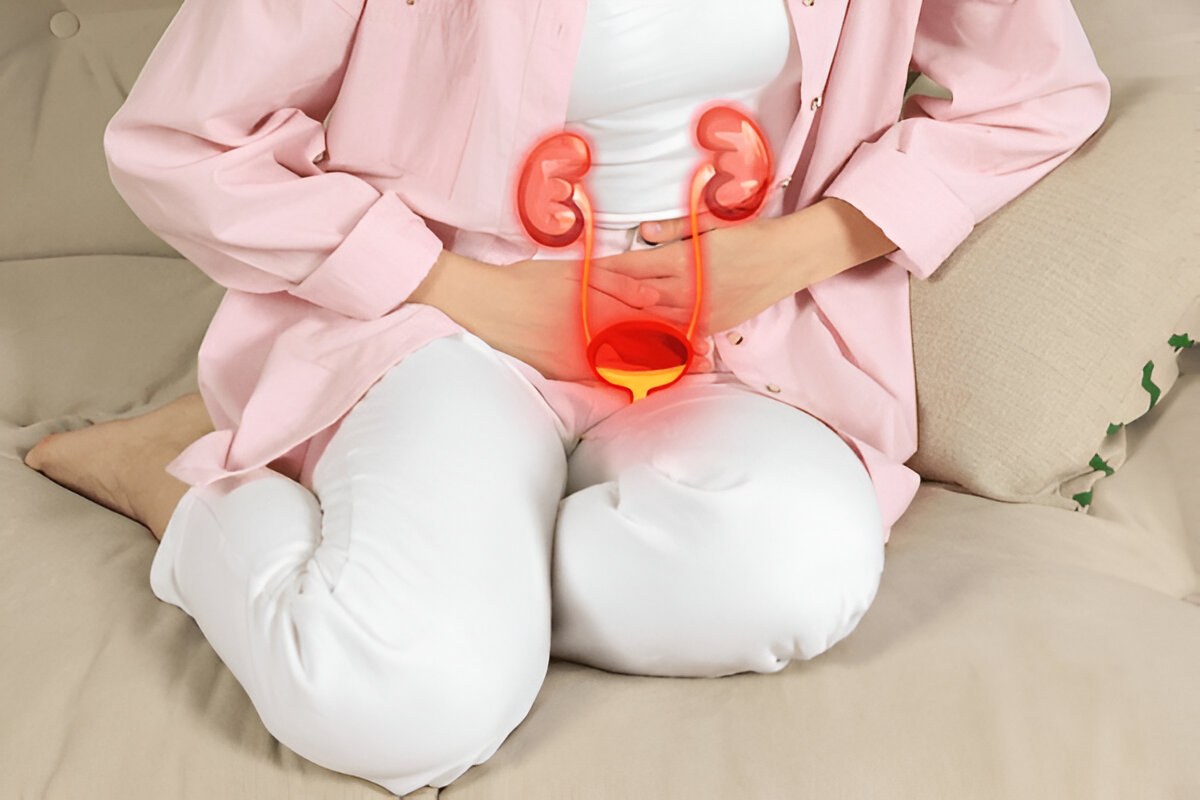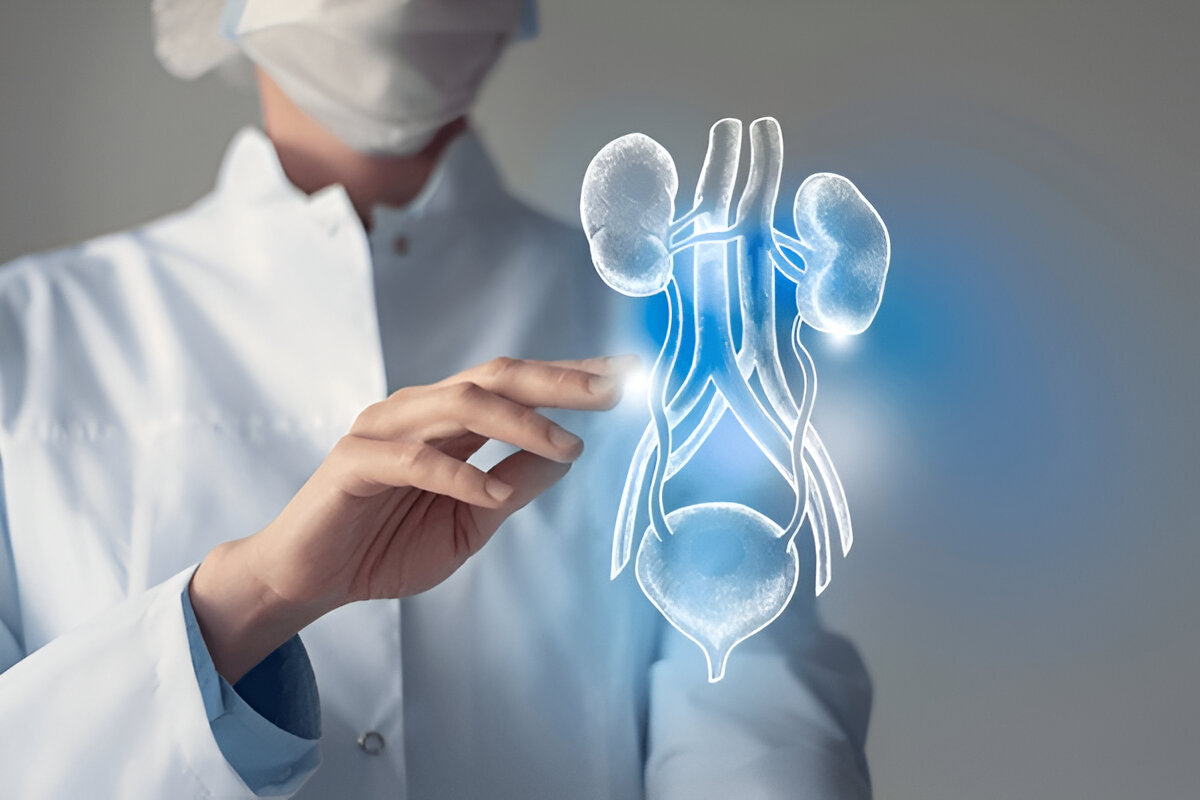
Urinary Tract Disorders
Urinary Tract Disorders encompass a wide range of medical conditions affecting the kidneys, ureters, bladder, and urethra. These disorders can range from simple infections to more complex problems such as kidney stones, incontinence, or even cancers of the urinary system. One of the most common issues is Urinary Tract Infections (UTIs), especially among women, which occur when bacteria enter the urinary system and cause inflammation or discomfort.
Symptoms may include a strong urge to urinate, burning sensation during urination, cloudy or foul-smelling urine, pelvic pain, and in severe cases, fever or back pain. Conditions like interstitial cystitis, bladder prolapse, urinary retention, and benign prostatic hyperplasia (BPH) in men also fall under urinary disorders.
Diagnosis typically involves urine tests, imaging (like ultrasound or CT scan), cystoscopy, or urodynamic studies to determine bladder function. Treatment depends on the underlying cause and may include antibiotics, anti-inflammatory medications, lifestyle changes, bladder training, or surgical interventions when necessary.
Early detection and proper management are crucial to preventing complications such as kidney damage or chronic bladder dysfunction. Our urology specialists offer advanced diagnostic tools and personalized treatment plans to ensure the best outcomes for every patient.


Diagnosis of Urinary Tract Disorders
- Urinalysis – Detects bacteria, blood, or pus in the urine
- Urine Culture – Identifies the specific bacteria causing the infection.
- Ultrasound or CT Scan – Helps find kidney stones, abnormalities, or blockages.
- Cystoscopy – A thin tube with a camera is inserted through the urethra to view the bladder.
- Urodynamic Testing – Measures bladder pressure and urine flow, useful in incontinence cases.
Treatment:
- Antibiotics – First-line treatment for bacterial infections like UTIs.
- Pain Relievers – To manage burning or abdominal pain.
- Increased Fluid Intake – Helps flush out bacteria.
- Bladder Training – Useful in recurrent infections or incontinence.
- Surgery – Required for serious structural problems, kidney stones, or tumors.
- Probiotics – Sometimes recommended to restore healthy bacteria balance.